Delve into the pivotal events that have sculpted the fossil fuel industry, an industry that has been a cornerstone of global economic development and a key player in shaping modern society. From the drilling of the first oil well to the sweeping environmental policies of recent years, this exploration traces the significant milestones that have marked the evolution of an industry that is as controversial as it is essential. Each moment in our chronicle not only highlights a breakthrough or a challenge but also sheds light on the complex interplay of technology, politics, and environmental considerations that continue to influence our world.
Contents
Edwin Drake Drills the First Successful Oil Well (1859)

The birth of the modern petroleum industry can be traced back to August 27, 1859, when Edwin Drake successfully drilled the first oil well in Titusville, Pennsylvania. This event marked the beginning of commercial oil production and led to the establishment of the petroleum industry, providing a new, relatively inexpensive and efficient energy source.
The Spindletop Gusher (1901)
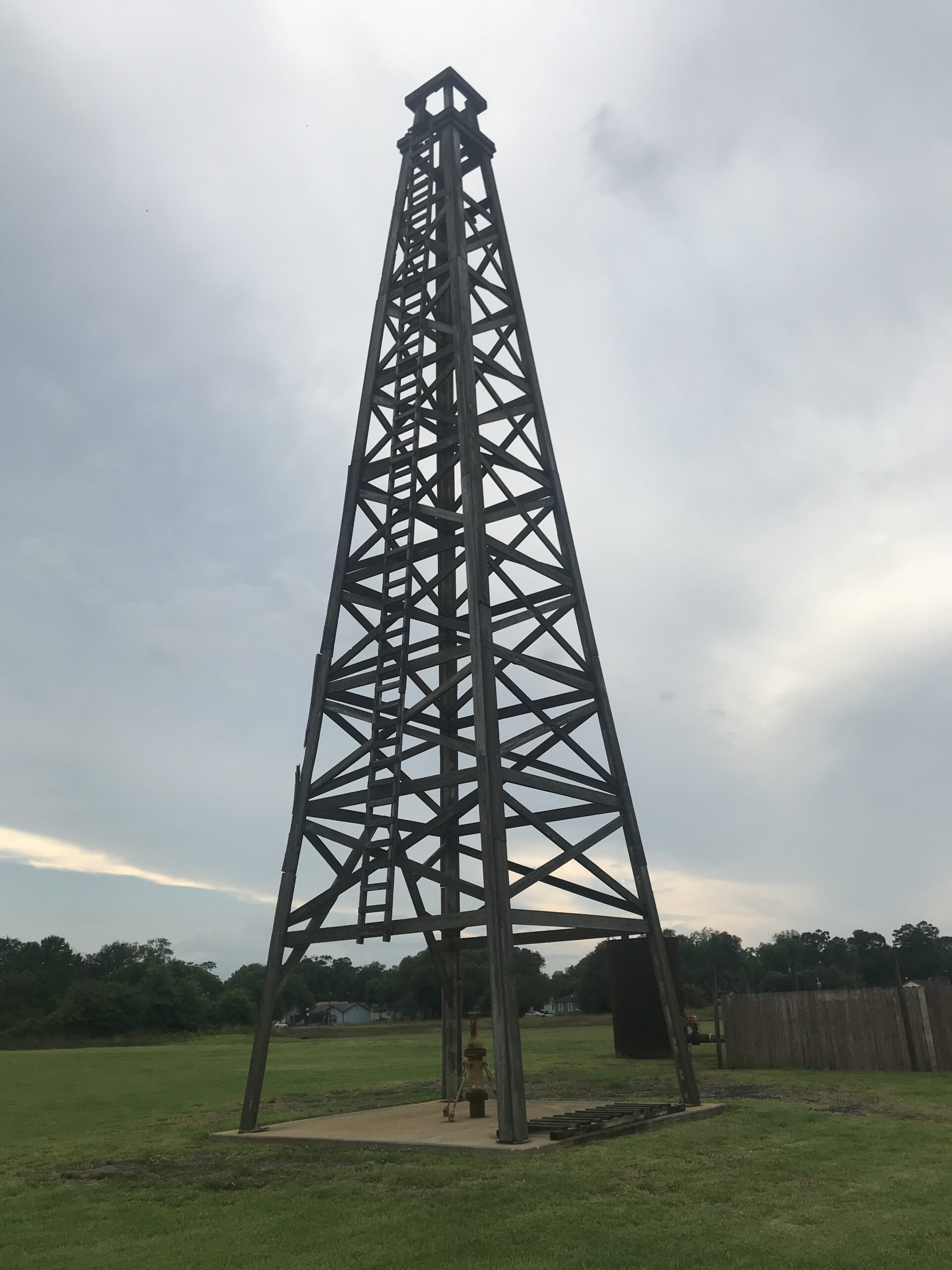
The discovery of oil at Spindletop, near Beaumont, Texas, in 1901 marked the start of the American oil boom. The gusher produced a significant amount of oil and demonstrated the potential of large-scale oil production, leading to rapid industrial growth and the establishment of companies that would become giants like ExxonMobil.
Standard Oil’s Monopoly and Breakup (1911)
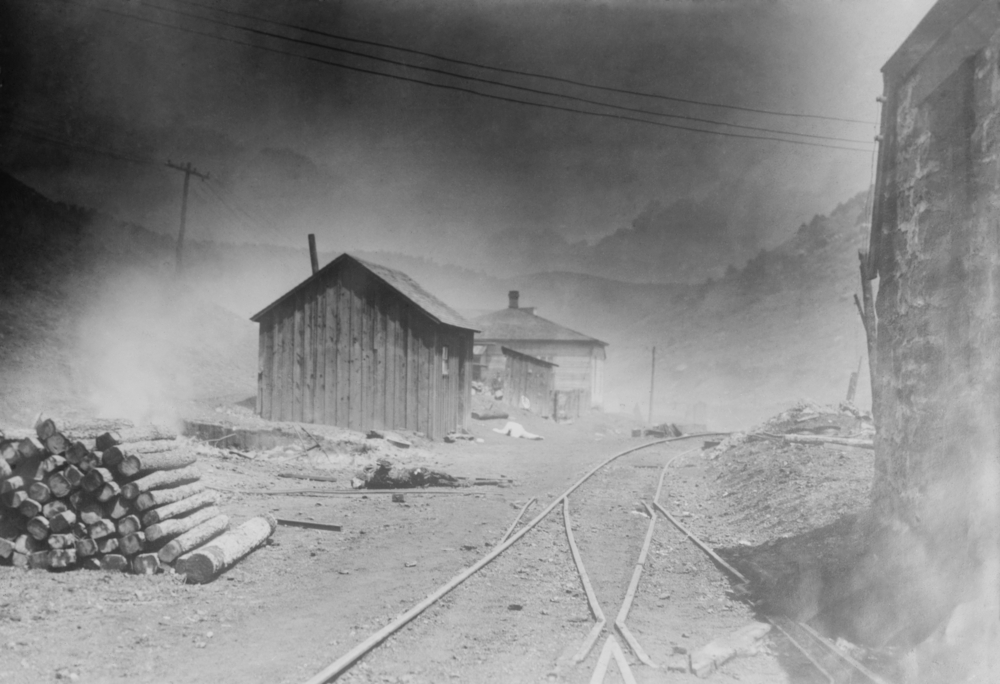
At the turn of the 20th century, John D. Rockefeller’s Standard Oil controlled much of the oil industry in the United States, effectively operating as a monopoly. In 1911, the U.S. Supreme Court found Standard Oil in violation of antitrust laws and ordered its breakup into 34 independent companies, significantly altering the landscape of the oil industry.
The Formation of OPEC (1960)

The Organization of Petroleum Exporting Countries (OPEC) was founded in 1960 by Iran, Iraq, Kuwait, Saudi Arabia, and Venezuela. OPEC’s formation was a pivotal moment that marked the increasing influence of oil-exporting countries in controlling oil prices and production, fundamentally changing the global oil industry’s dynamics.
The 1973 Oil Crisis

Triggered by an OPEC oil embargo in response to U.S. support for Israel during the Yom Kippur War, the 1973 oil crisis saw oil prices quadruple and led to severe fuel shortages. This event highlighted the world’s dependence on fossil fuels, particularly oil, and had profound economic and geopolitical ramifications.
The Chernobyl Disaster (1986)
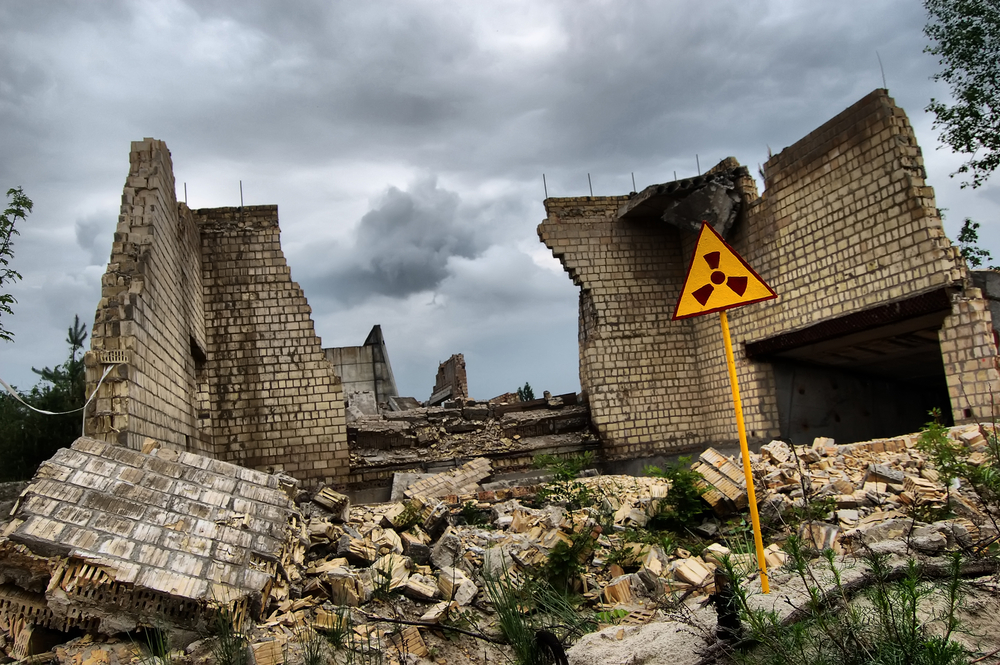
Although primarily a nuclear incident, the Chernobyl disaster in 1986 significantly impacted the fossil fuel industry. The accident raised serious concerns about nuclear power’s safety, leading many countries to slow down or halt nuclear energy development and instead increase reliance on fossil fuels.
Exxon Valdez Oil Spill (1989)
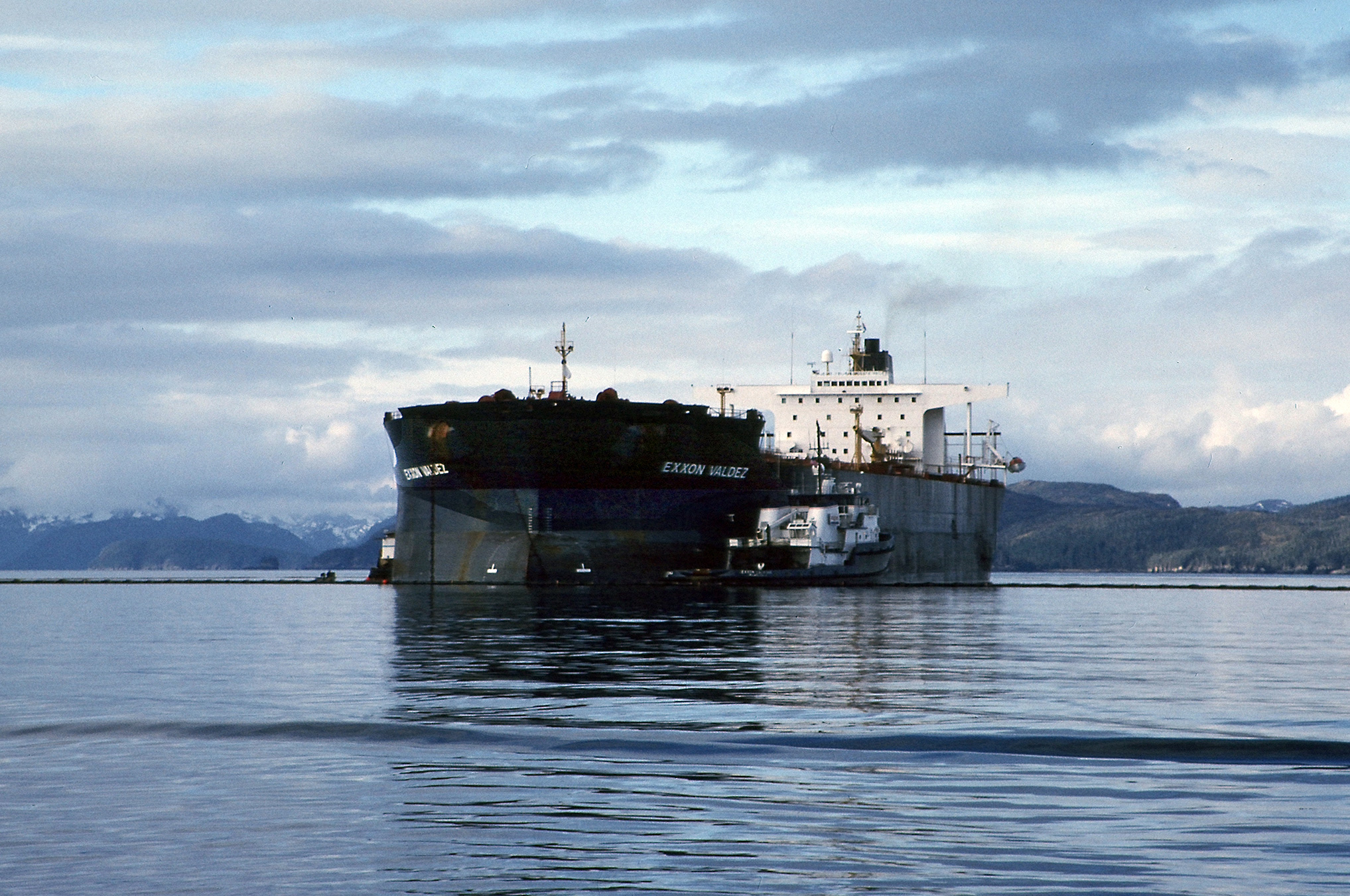
The Exxon Valdez oil spill in 1989, one of the worst environmental disasters in history, spilled millions of gallons of crude oil into Prince William Sound, Alaska. The incident highlighted the environmental risks of oil production and transportation, leading to stricter regulations and an increased focus on sustainable practices in the industry.
The Kyoto Protocol (1997)

The Kyoto Protocol, adopted in 1997, was a significant international treaty that aimed to reduce greenhouse gas emissions, with a specific focus on carbon dioxide, a byproduct of burning fossil fuels. This marked a growing recognition of climate change’s environmental impact and the role of fossil fuels in contributing to global warming.
The Shale Gas Revolution (2000s)
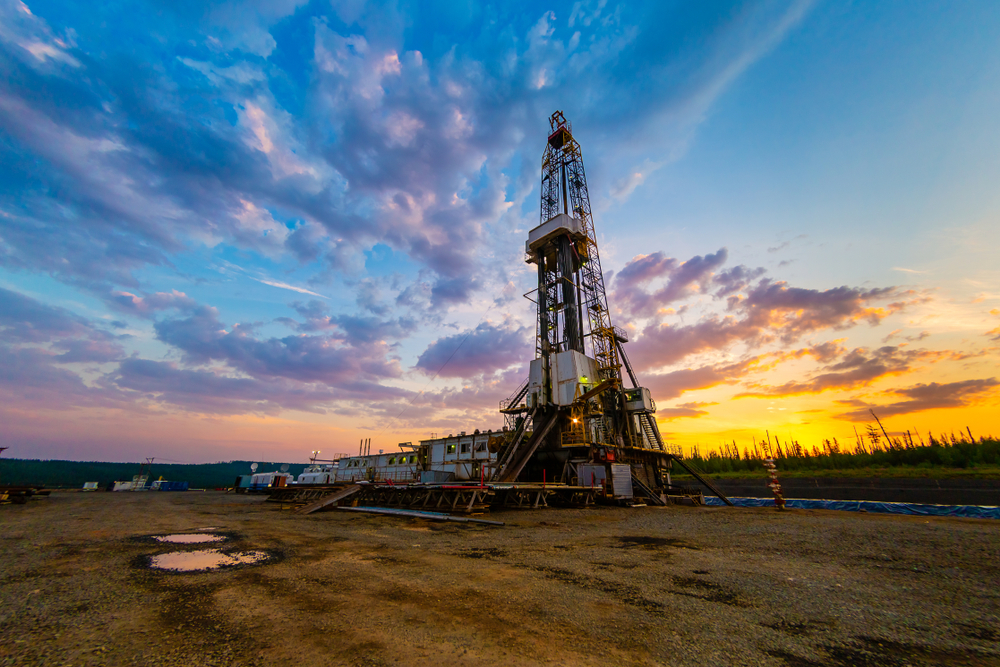
The 2000s saw a significant increase in shale gas production in the United States, largely due to advancements in hydraulic fracturing (fracking) and horizontal drilling technology. This revolution led to the U.S. becoming one of the world’s largest natural gas producers and transformed global energy markets.
The Paris Agreement (2015)
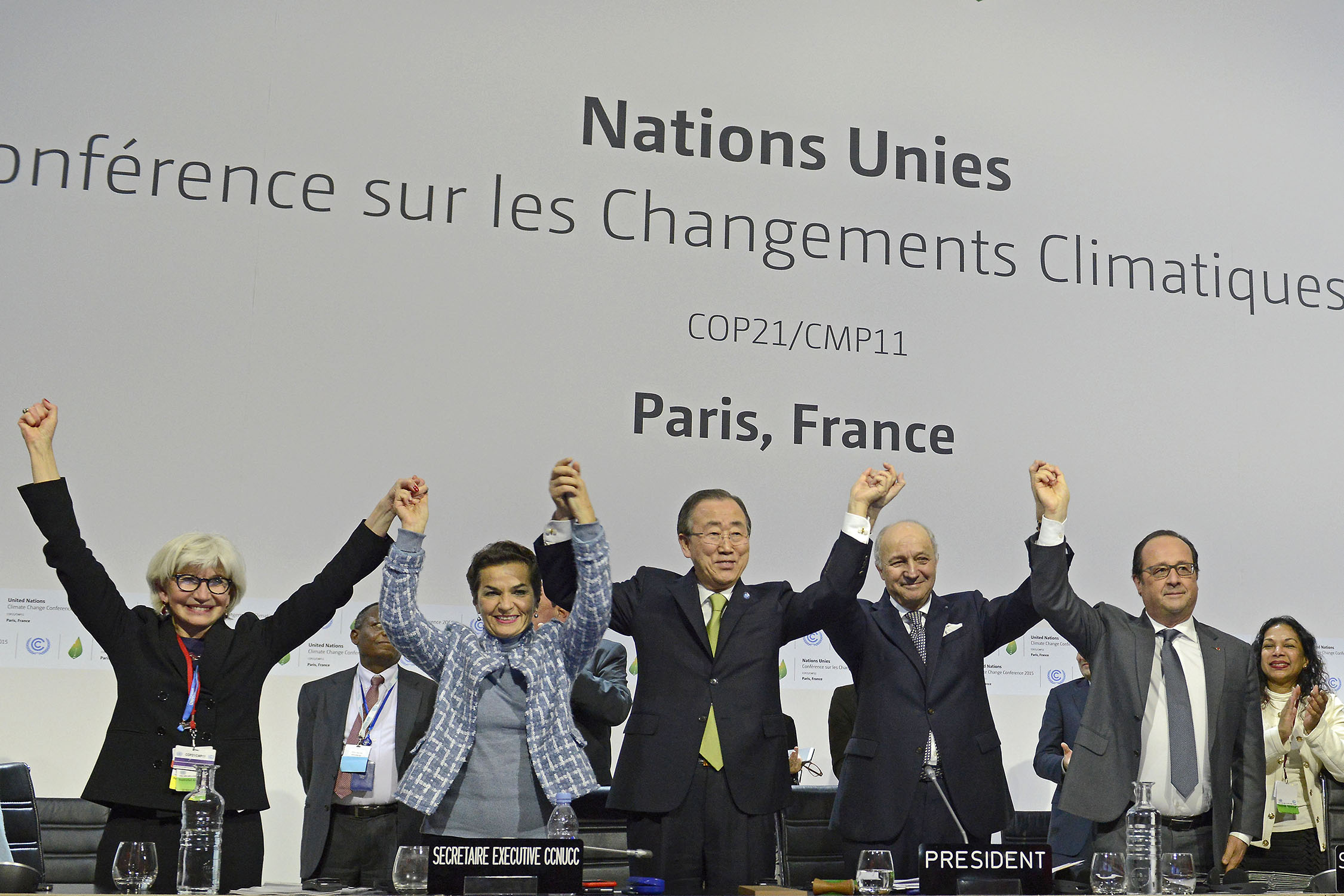
The Paris Agreement, signed in 2015, represented a global commitment to combating climate change, with a focus on reducing emissions and transitioning to renewable energy sources. This marked a significant step towards global recognition of the need to move away from fossil fuel dependency.
This article originally appeared on MyCarMakesNoise.
More from MyCarMakesNoise
10 Prestigious Car Brands That Miss the Mark

Behind the shiny badges and glossy marketing are some brands whose reputation for luxury doesn’t quite match reality. Read More.
20 Cars That Have Faded from Everyday Roads

Once staples of American and European highways, these cars that defined the technological advancement of their ages now have their place as relics of memories in exhibitions and auto museums. Read More.
Top Used Electric Cars That Won’t Break the Bank

In this article, we’ll navigate the exciting landscape of pre-owned EVs, highlighting models that deliver the most bang for your buck. Read More.













